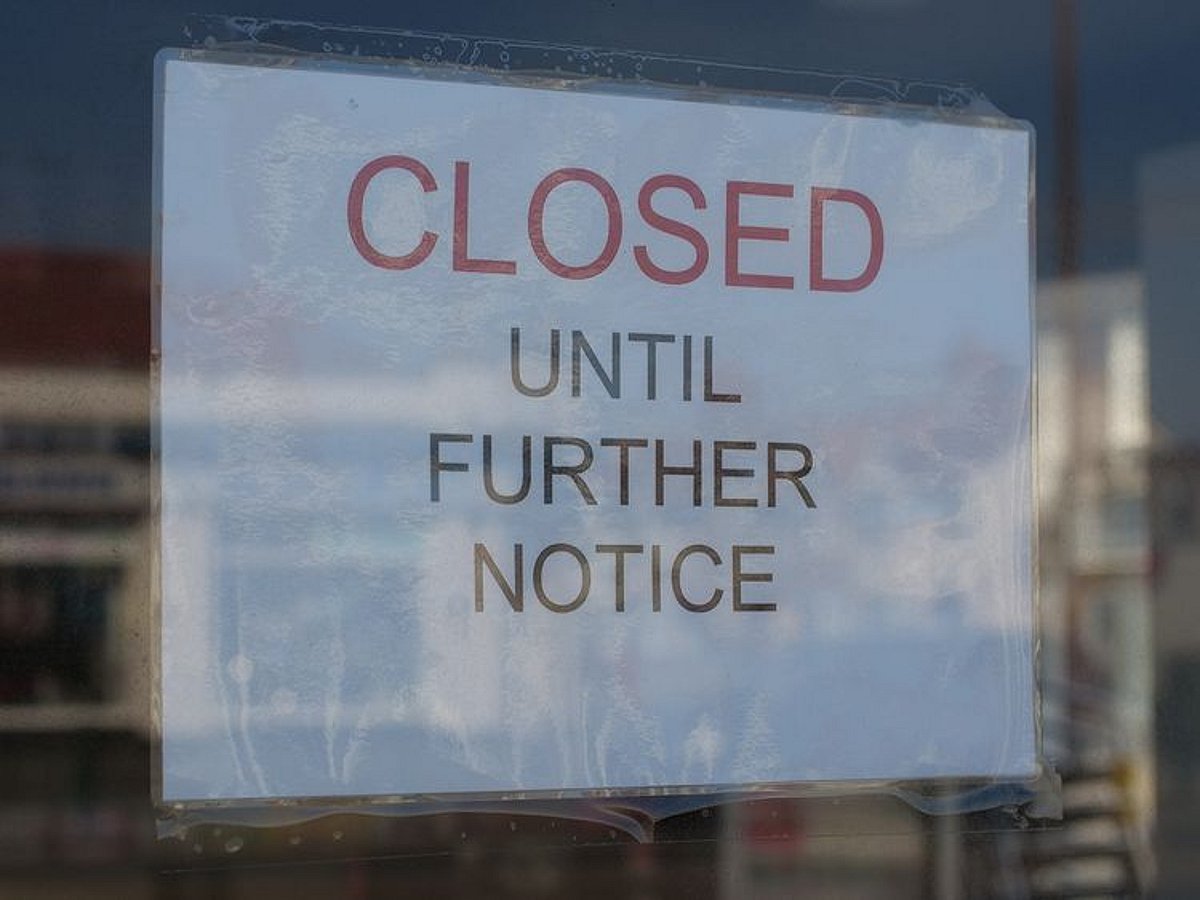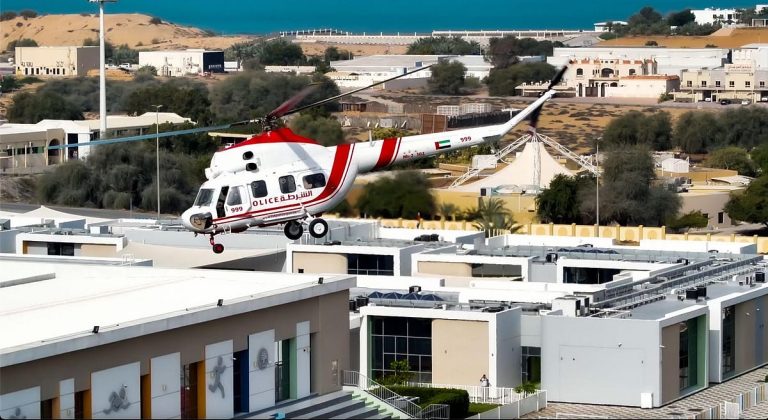Abu Dhabi Closes 38 Restaurants for Food Safety Violations
In a significant move to enhance public health safety, Abu Dhabi has closed 38 food establishments due to repeated violations of food safety regulations. This action, taken by the Abu Dhabi Agriculture and Food Safety Authority (ADAFSA), underscores the emirate’s commitment to maintaining high standards in food safety and hygiene.
Enforcement of Food Safety Regulations
During the first nine months of this year, ADAFSA intensified its inspection efforts across various food facilities in the emirate. The closures were a result of establishments failing to comply with Law No. (2) of 2008, which governs food safety. Despite receiving prior warnings, these establishments continued to pose risks to public health, leading to their administrative shutdown.
ADAFSA’s proactive approach aims to ensure that all food businesses adhere to safety standards, thereby protecting consumers and enhancing the overall food safety system in Abu Dhabi.
Importance of Food Product Registration
In addition to enforcing closures, ADAFSA has called on commercial entities involved in food importation to register their products through its digital service platform. This initiative is crucial for obtaining the “Food Product Registration Certificate,” which is essential for exporting goods from Abu Dhabi.
The registration process is designed to streamline operations and facilitate global trade. By providing each product with a unique digital identity, businesses can avoid repetitive procedures and enhance their export capabilities. The registration process includes several straightforward steps, such as logging in with a UAE Pass digital identity and filling out product information.
Technological Advancements in Food Safety
In August, ADAFSA achieved a significant milestone by obtaining the ISO 42001:2023 certification for Artificial Intelligence Management Systems. This certification is a first for government entities in the UAE and highlights the Authority’s commitment to leveraging advanced technologies to improve food safety and agricultural operations.
By utilizing smart analytics and machine learning, ADAFSA aims to enhance the efficiency of food security services provided to the community. This achievement not only reinforces the UAE’s leadership in the region but also supports its goals for sustainable development and digital transformation.
FAQs
What led to the closure of the 38 food establishments in Abu Dhabi?
The closures were due to repeated violations of food safety regulations, despite prior warnings from the Abu Dhabi Agriculture and Food Safety Authority.
How can businesses register their food products in Abu Dhabi?
Businesses can register their food products through ADAFSA’s digital service platform by logging in with a UAE Pass digital identity and completing the necessary product information.
What is the significance of the ISO 42001:2023 certification obtained by ADAFSA?
This certification signifies ADAFSA’s commitment to using advanced artificial intelligence technologies to improve food safety and agricultural operations, marking a significant achievement for government entities in the UAE.
Conclusion
The recent closures of food establishments in Abu Dhabi highlight the emirate’s dedication to enforcing food safety regulations. As ADAFSA continues to enhance its inspection processes and promote product registration, businesses are encouraged to comply with these standards to ensure public health and safety. Moving forward, the integration of advanced technologies will further bolster the effectiveness of food safety measures in the region.
The enforcement actions taken by ADAFSA reflect a broader trend in the region towards stricter food safety regulations. As the population in Abu Dhabi continues to grow, the demand for safe and high-quality food products increases, necessitating robust oversight mechanisms. The authority’s focus on compliance not only protects consumers but also fosters a competitive environment for businesses that prioritize food safety and quality.
Moreover, the emphasis on technological advancements in food safety is part of a larger strategy to modernize the food supply chain in the UAE. By integrating artificial intelligence and data analytics, ADAFSA aims to identify potential risks more effectively and respond to food safety challenges in real time. This proactive stance is essential for maintaining consumer trust and ensuring that the food supply remains safe and reliable.
The initiative to register food products digitally also aligns with global trends towards transparency and traceability in the food industry. As consumers become increasingly aware of food safety issues, businesses that comply with these regulations and embrace technology are likely to gain a competitive edge in both local and international markets.
Also Read:
US Government Shutdown’s Impact on Gulf Economies
Dubai’s First Interchange: A Milestone in Infrastructure







